UW rocks at the Fifth Annual Pacific Rim Regional Collegiate Cyber Defense Competition
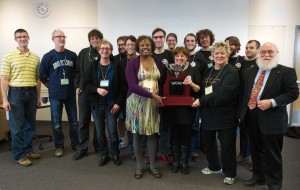 Last year, UW surprised itself by winning the National Collegiate Cyber Defense Competition. It is perhaps not so surprising, then, that the UW team — composed entirely of CSE students — rocked at this weekend’s Fifth Annual Pacific Rim Regional Collegiate Cyber Defense Competition, winning a return ticket to the nationals. UW’s score exceeded the combined scores of the second, third, and fourth place teams.
Last year, UW surprised itself by winning the National Collegiate Cyber Defense Competition. It is perhaps not so surprising, then, that the UW team — composed entirely of CSE students — rocked at this weekend’s Fifth Annual Pacific Rim Regional Collegiate Cyber Defense Competition, winning a return ticket to the nationals. UW’s score exceeded the combined scores of the second, third, and fourth place teams.
Congratulations to team members Mick Ayzenberg, Henry Baba-Weiss, Ian Finder, Karl Koscher, Landon Meernik, Cullen Walsh, Lars Zornes, Miro Enev (grad alternate), Max Sherman (undergrad alternate), Miles Sackler (Team Captain), Melody Kadenko (Team Advisor), and Jake Appelbaum (Team Co-Advisor).
Team Advisor Melody Kadenko says: “I am SO PROUD of them!!! Further, it proves that it’s not necessarily our team training and practice that can account for so many wins (since we don’t do much of that). It’s the CSE curriculum that teaches our students how to analyze, find solutions, think abstractly. The only thing left to teach during training/practice is how to not have a meltdown when something goes horribly wrong, and how to keep the profanity to a minimum when judges are present.”
Go team!
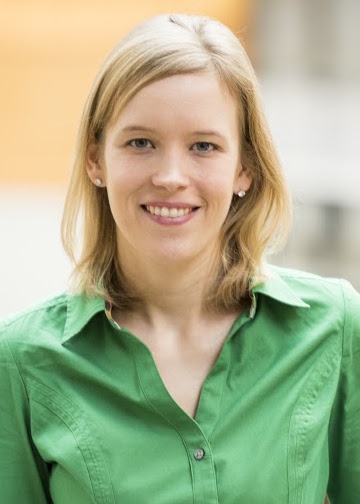 Franzi Roesner is one of the twelve winners (from 198 nominees) of this year’s Microsoft Research Ph.D. Fellowship competition.
Franzi Roesner is one of the twelve winners (from 198 nominees) of this year’s Microsoft Research Ph.D. Fellowship competition.  “Look, I’m not trying to freak you out here. Well, OK, maybe a little. But think about it: We have computers all over the place. Your laptop or desktop PC; maybe you have a tablet too, maybe a smartphone. And it doesn’t stop there. Your car might be computerized, your kitchen, the toys your kids got for Christmas. If any of those computers are connected to any kind of network, there exists an issue of security …
“Look, I’m not trying to freak you out here. Well, OK, maybe a little. But think about it: We have computers all over the place. Your laptop or desktop PC; maybe you have a tablet too, maybe a smartphone. And it doesn’t stop there. Your car might be computerized, your kitchen, the toys your kids got for Christmas. If any of those computers are connected to any kind of network, there exists an issue of security …  “The break-in is one of the boldest known infiltrations in what has become a regular confrontation between US companies and Chinese hackers.
“The break-in is one of the boldest known infiltrations in what has become a regular confrontation between US companies and Chinese hackers. 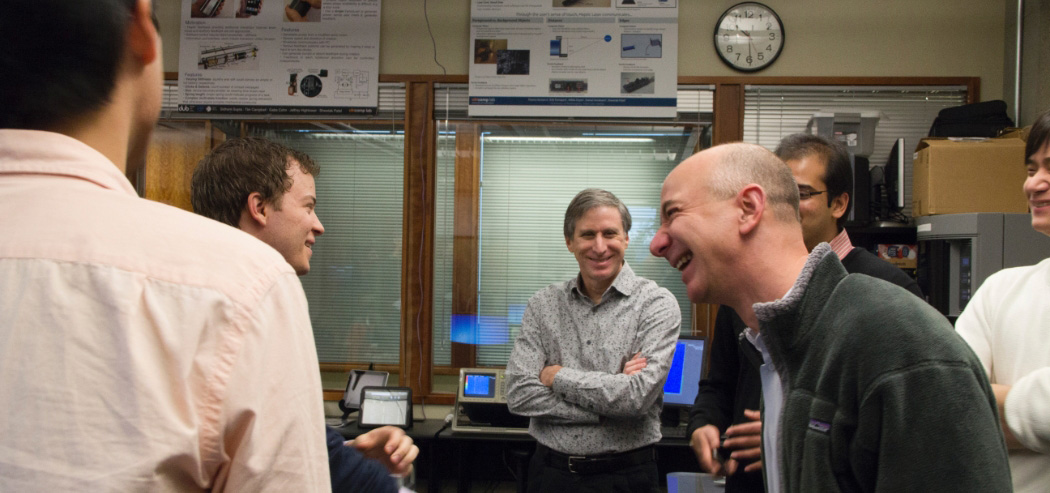 Jeff Bezos spent several hours in UW CSE labs on December 16 — discussing ubiquitous computing and sensing with Shwetak Patel and students; the future of search with Oren Etzioni; and the security of computer-controlled personal devices (such as automobiles) with Yoshi Kohno and students; as well as discussing future directions for the computer science field with Ed Lazowska and Hank Levy.
Jeff Bezos spent several hours in UW CSE labs on December 16 — discussing ubiquitous computing and sensing with Shwetak Patel and students; the future of search with Oren Etzioni; and the security of computer-controlled personal devices (such as automobiles) with Yoshi Kohno and students; as well as discussing future directions for the computer science field with Ed Lazowska and Hank Levy.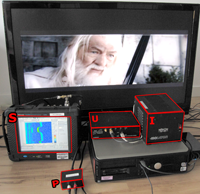 Recently,
Recently, 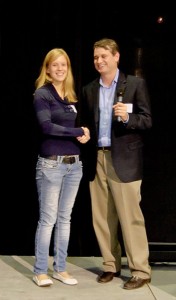 Earlier this year UW CSE security researcher
Earlier this year UW CSE security researcher 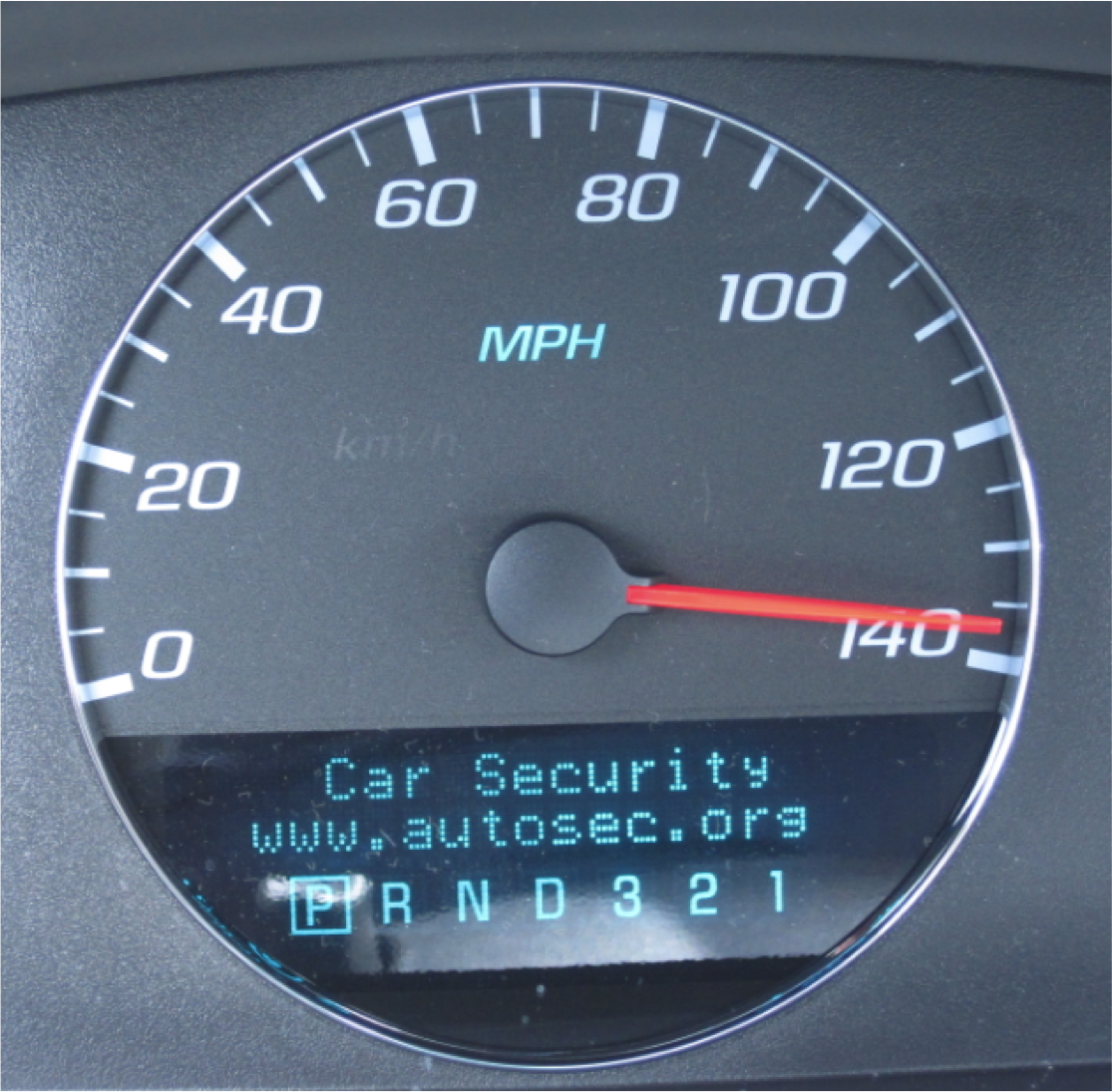 UW CSE’s
UW CSE’s 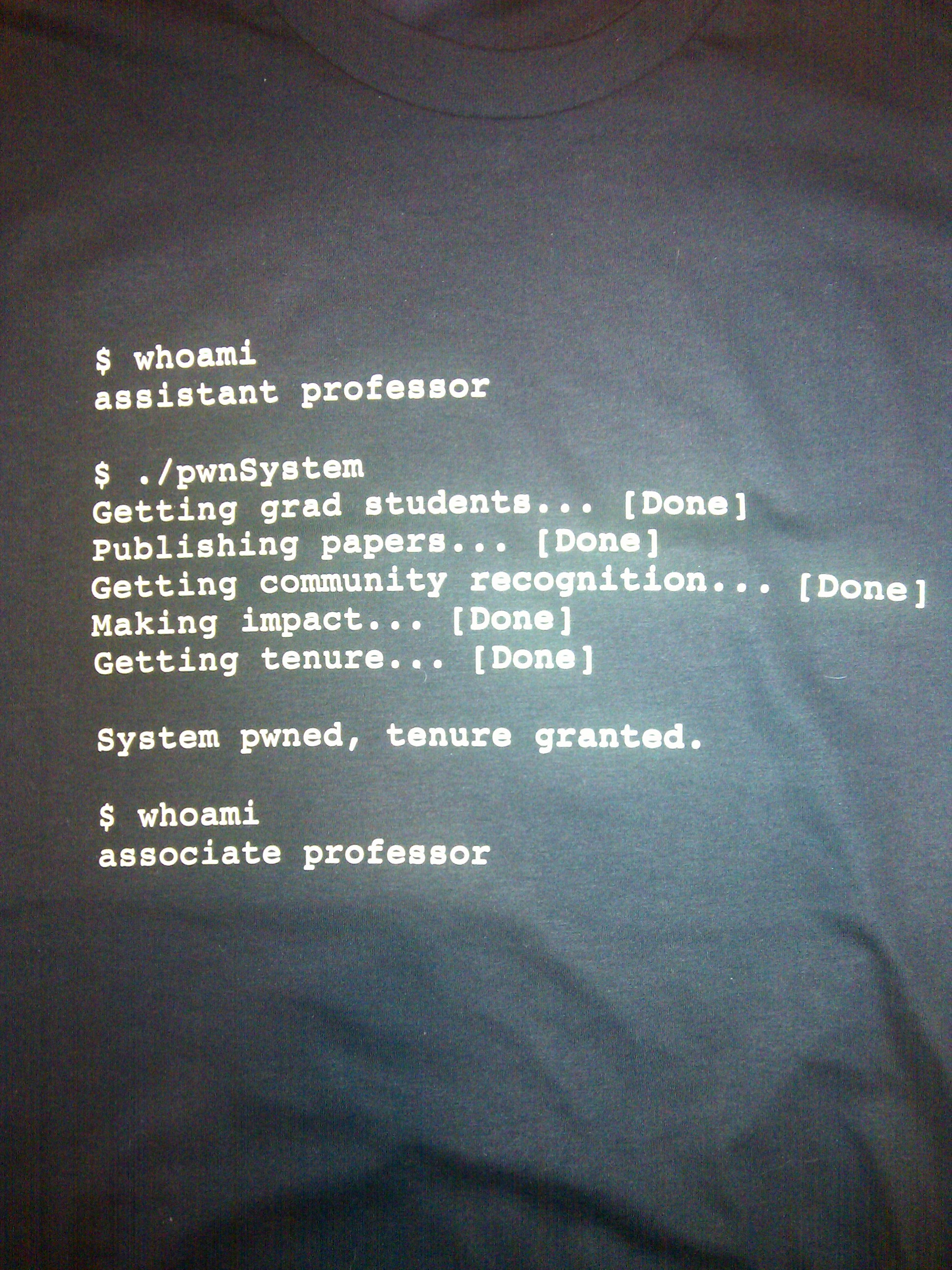 Members of the UW Security and Privacy Lab surprised Yoshi with his new, most favorite shirt ever! Thank you Alexei, Franzi, Karl, Miro, and Tammy!
Members of the UW Security and Privacy Lab surprised Yoshi with his new, most favorite shirt ever! Thank you Alexei, Franzi, Karl, Miro, and Tammy!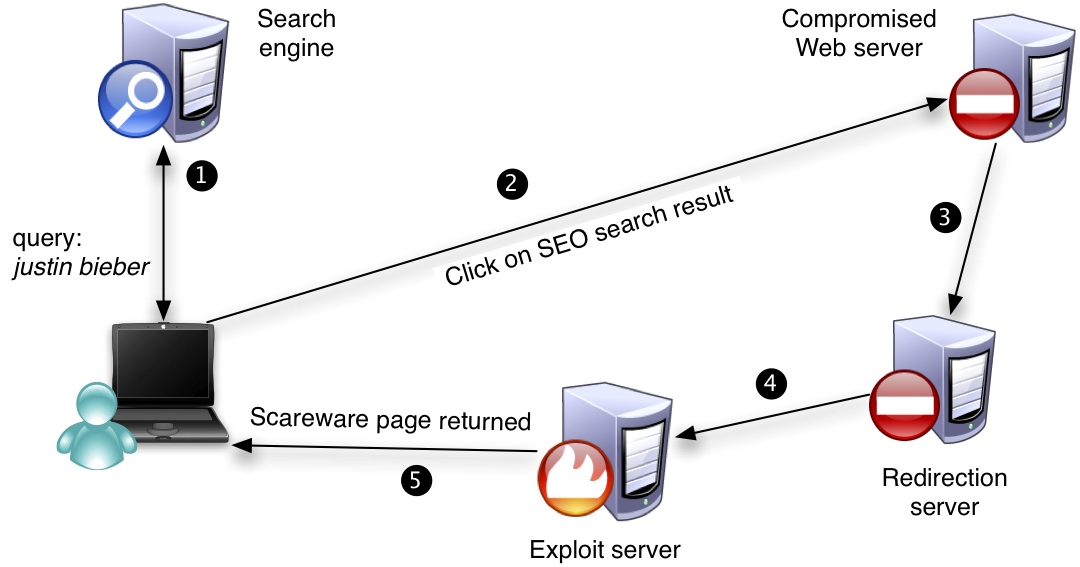 The paper titled
The paper titled